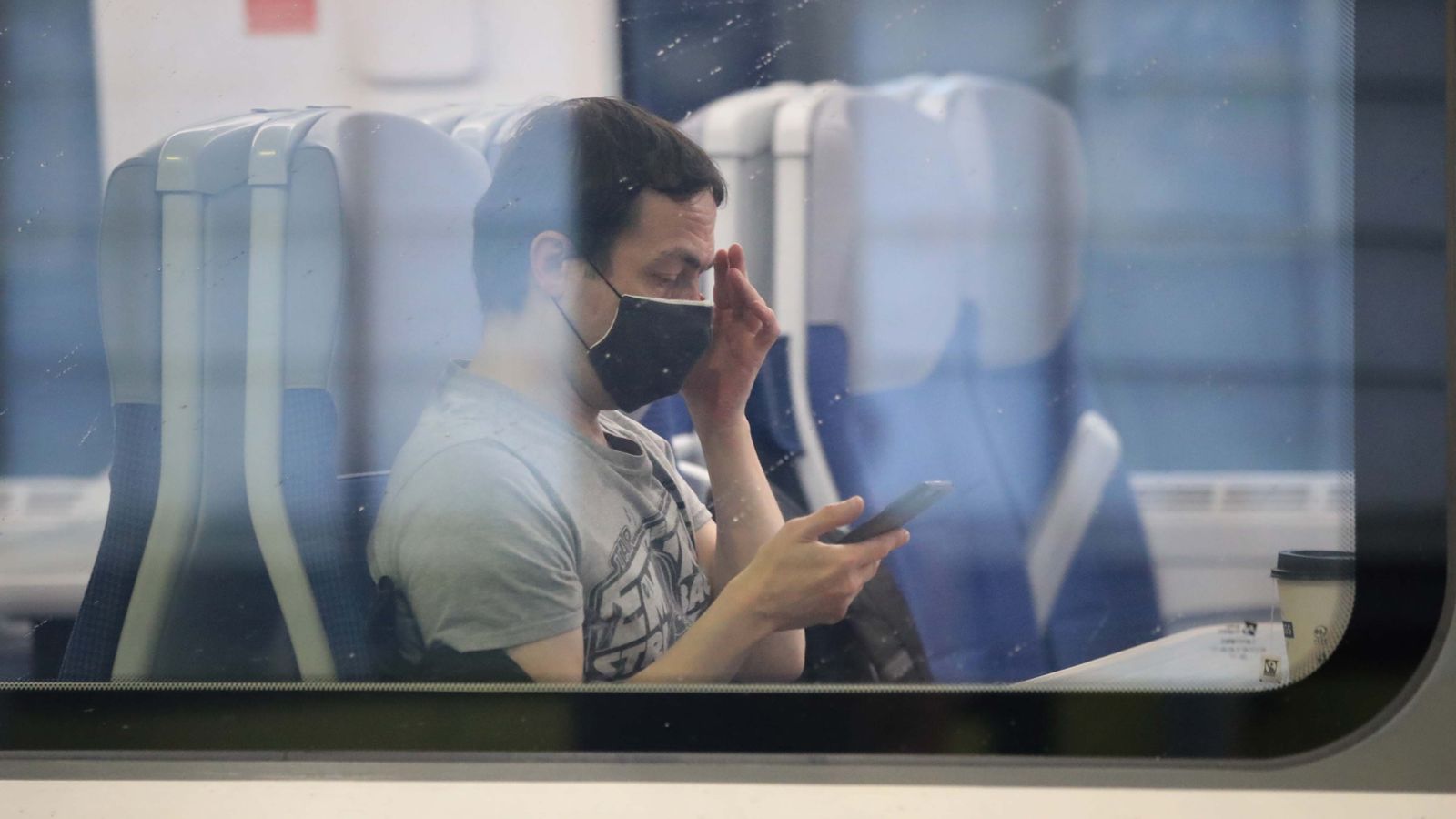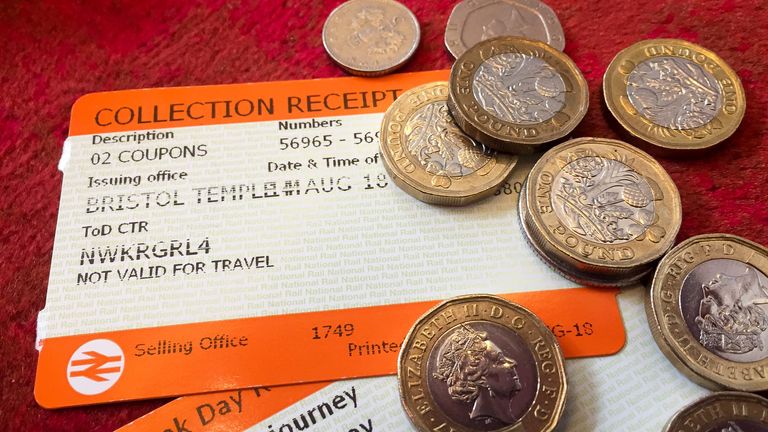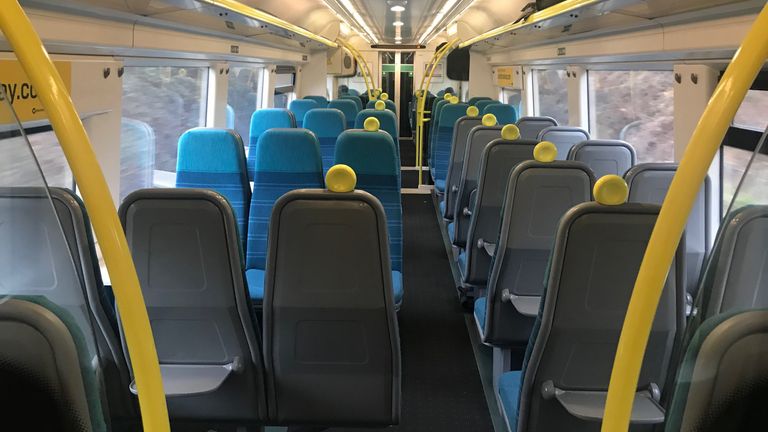Rail fares in England and Wales are going to rise above inflation for the first time in seven years – with the government accused of “pricing the railways out of existence”.
Increases had been based on the Retail Price Index since January 2014, but this policy has been axed because of the “unprecedented taxpayer support” given to the rail industry during COVID-19.
This means that fares will increase by about 2.6%. The cost of an annual season ticket from Brighton to London will rise £129 to £5,109 – while a yearly pass from Liverpool to Manchester will now cost an additional £70, hitting £2,762.
The Scottish government is implementing smaller rises – with an increase of 1.6% for peak travel, and 0.6% for off-peak journeys.
Price hikes are usually announced in the first working week of January, but they were pushed back because of the coronavirus pandemic.
Bruce Williamson from the Railfuture pressure group described the increase as “the usual punishment for rail passengers, just slightly delayed” – and said the added cost might deter the public from starting to use trains again when lockdown restrictions ease.
“It just doesn’t make sense to kick the rail industry when it’s down,” he added
The TUC warned that the increase “will not help commuters and city centres recover from the pandemic”, while the Liberal Democrats described the hike as “grossly unfair”.
The government and devolved administrations in Scotland and Wales took over rail franchise agreements from train operators last March after workers were encouraged to stay at home, with demand collapsing as a result.
By mid-2021, it is estimated that this will have cost the Westminster government alone £10bn.
Rail minister Chris Heaton-Harris has said the government wants to ensure taxpayers are not “overburdened” considering they are already covering franchises’ losses to keep regular services running throughout lockdown.
A spokeswoman for the Department for Transport added this year’s increase is the lowest rise in four years – “despite unprecedented support for the rail industry”.
She added: “By delaying the change in fares, passengers who needed to renew season tickets were able to get a better deal, and we will set our further plans to offer cheaper, more flexible tickets for commuters in due course.”
Robert Nisbet, a director at the Rail Delivery Group industry body, added that train operators want to work with ministers to deliver better value to passengers through a “new, more flexible” ticketing system.
Savvy commuters can renew their season tickets in the days before the annual increase to avoid the fare rise. Passengers can also save money by getting a railcard, travelling at off-peak times and booking in advance – although these options won’t benefit many of those who take a train to work.


